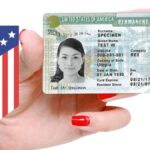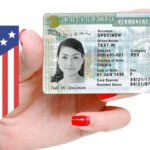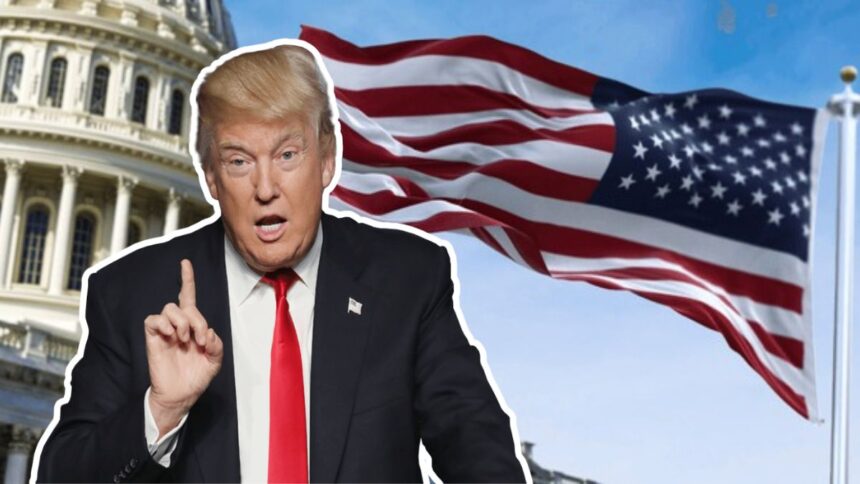H-1B Visa: White House Approves Wage-Based System Proposal to Replace Lottery
The H-1B visa program could soon see one of its biggest changes in years, as the White House has cleared a proposal to replace the lottery system with a wage-based selection process. The Office of Information and Regulatory Affairs approved the measure on August 8, moving it closer to public release.
The regulation, sent to US Citizenship and Immigration Services (USCIS) for review, has been classified as economically significant with global impact. This plan revives a 2021 Department of Homeland Security proposal from Donald Trump’s administration to rank H-1B visa petitions by wages offered instead of using a random draw.
Currently, the H-1B visa lottery is used when applications exceed the annual cap of 85,000—65,000 for regular applicants and 20,000 for those with a US master’s degree or higher. The program is heavily used by the tech industry, with Indian nationals making up the majority of recipients.
The proposed wage-based system would prioritize higher-paying jobs first. The US Department of Labor uses four wage levels:
- Level 1: Entry-level pay
- Level 2: Qualified workers with some experience
- Level 3: Experienced workers with advanced skills
- Level 4: Senior, highly specialized roles
Under the plan, Level 4 roles would be selected before lower levels, meaning entry-level applicants could face much lower chances of getting an H-1B visa.
Also Read: F‑1 J‑1 Visa Applicants USA June 2025: New Rules & Guide
Industry experts say the change could reshape career planning for Indian professionals and students. In FY 2024, over 207,000 H-1B visas went to Indians, continuing their dominance in the program.
Analysts warn the system could favor large corporations able to offer high wages, leaving startups and nonprofits at a disadvantage. This might impact diversity and innovation in the US workforce.
Some also believe tougher H-1B visa rules could push skilled workers toward Canada and Europe, where immigration processes are often more predictable and merit-driven.
If approved, the new H-1B visa selection process could significantly alter how global talent—especially from India—approaches US job opportunities.






